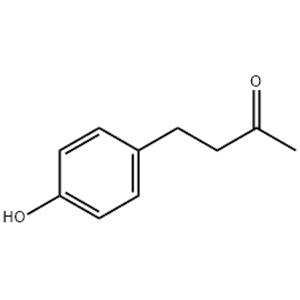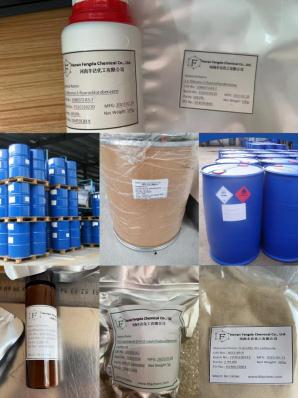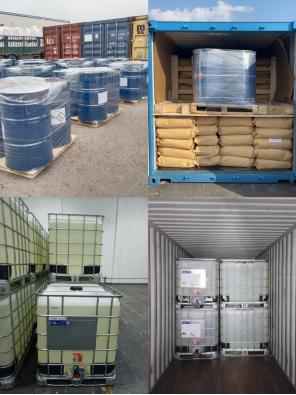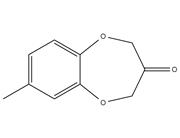| Description | Raspberry ketone is a major aromatic compound of red raspberry, widely used as a fragrance in cosmetics and as a flavoring agent in foodstuff; also shows PPAR-α agonistic activity. |
|---|
| Related Catalog | Research Areas >> Metabolic Disease Natural Products >> Phenols Research Areas >> Cardiovascular Disease |
|---|
| Target | PPAR-α |
|---|
| In Vitro | Raspberry ketone (1, 10, 20, and 50 μM) suppresses adipogenesis and lipid accumulation in 3T3-L1 pre-adipocytes. Raspberry ketone (10 µM) significantly blocks C/EBPα, PPARγ, and aP2 expression and increases the expression of ATGL and HSL, and CPT1B[1]. |
|---|
| In Vivo | Raspberry ketone (0.5%, 1%, or 2%) increasses the levels of total cholesterol (TC), triglycerides (TG), low-density lipoprotein cholesterol contents (LDL-C), ISI (insulin-sensitivr index), PPAR-α and LDLR, decreases the serum levels of AST (aspartate aminotransferase), ALT (alanine aminotransferase), ALP (alkaline phosphatase), IRI (insulin resistance index), GLU (glucose), INS (insulin-sensitivr index), LEP (leptin), and TNF-α in rats compared with a high-fat diet-induced NASH model. Raspberry ketone also causes increased SOD activities[2]. Raspberry ketone shows cardioprotective action against isoproterenol-induced myocardial infarction in rats, and the effects may be due to its PPAR-α agonistic activity[3]. |
|---|
| Cell Assay | For the cytotoxicity study, 3T3-L1 pre-adipocytes are cultured and differentiated. After Raspberry ketone treatment for 4 d in DMEM containing 10% fetal bovine serum, the lactate dehydrogenase (LDH) concentration in the medium is immediately detected with the CytoTox 96 nonradioactive cytotoxicity assay kit[1]. |
|---|
| Animal Admin | During the experimental period, the animal room holds four rats per cage, with free access to water and food, under conditions of temperature controlled at 20-26°C, humidity at 40-70%, and a 12/12-h day-night light cycle. Rats are fed with normal diet for 1 week and then randomly divided into five groups: normal control (NC) group (n=8) fed normal diet for 8 weeks, the model control (MC) group (n=8) fed high-fat diet (82% standard diet, 8.3% yolk powder, 9.0% lard, 0.5% cholesterol, and 0.2% sodium taurocholate), the Raspberry ketone low-dose (RKL) group (n=8), the Raspberry ketone middle-dose (RKM) group (n=8), and the Raspberry ketone high-dose (RKH) group (n=8). Rats are first fed with high-fat diet for 4 weeks, and then these rats are given intragastrically 0.5%, 1%, or 2% Raspberry ketone. The first two groups of rats are intragastrically administered salad oil at the same dose (2 mL/day per rat) once a day at 10:00 a.m., lasting for 4 weeks[2]. |
|---|
| References | [1]. Park KS. Raspberry ketone, a naturally occurring phenolic compound, inhibits adipogenic and lipogenic gene expression in 3T3-L1 adipocytes. Pharm Biol. 2015 Jun;53(6):870-5. [2]. Wang L, et al. Raspberry ketone protects rats fed high-fat diets against nonalcoholic steatohepatitis. J Med Food. 2012 May;15(5):495-503. [3]. Khan V, et al. Raspberry ketone protects against isoproterenol-induced myocardial infarction in rats. Life Sci. 2018 Feb 1;194:205-212. |
|---|



 China
China




